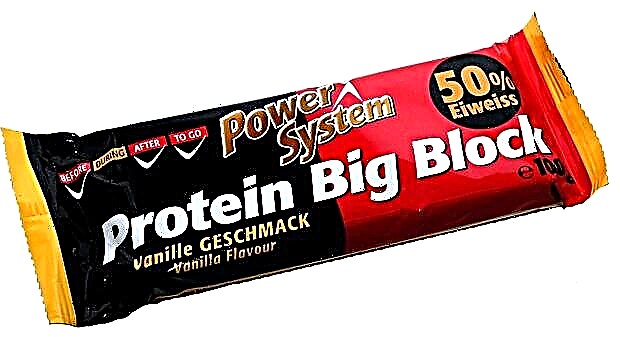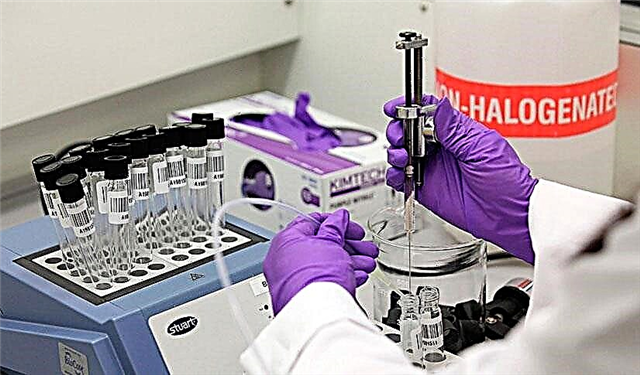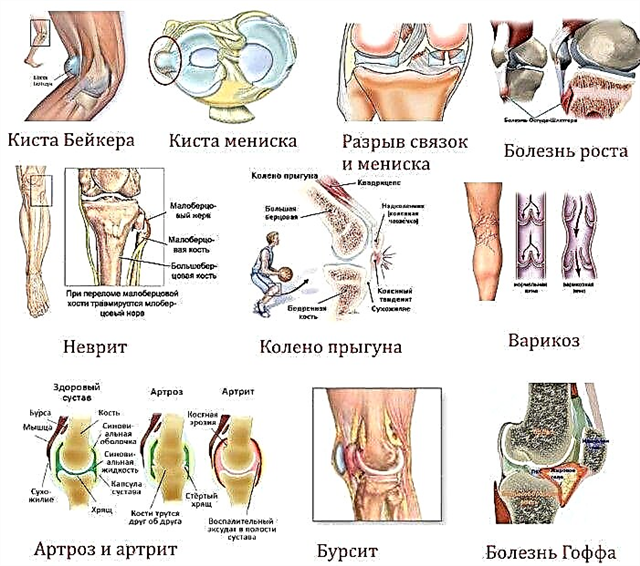To gain muscle mass most effectively, you need to take proper protein intake. Calculation of the body's need for protein plays a key role in the rapid increase in musculature.
How Much Protein Do You Need for Optimal Muscle Growth?
Several clinical studies have been conducted to calculate the required amount of protein for the most efficient growth of muscle fibers.

Protein bar
A group of scientists from the Canadian McMaster University conducted the study "Exercise Metabolism", which involved a focus group of young people. Participants performed strength training, after which they consumed egg white as a liquid, while the dose of protein in the drink was different and was 0, 5, 10, 20, 40 g.
During the experiment, scientists assessed the gain in muscle mass in each of the participants. It turned out that the most optimal increase in muscle mass occurred in young people who consumed protein in the amount of 20 g. The study is posted on the website at the link, publication number —10.1080 / 02640414.2011.619204.
In 2016, a group of British scientists from The University of Stirling published the results of a study on the required amount of protein to gain muscle mass. The focus group included 48 young people without chronic or acute diseases, the average body weight was 80 kg. During the study, participants ate breakfast with a protein-rich meal - 0.5 g / kg body weight. After three hours, the volunteers performed strength exercises for the legs and buttocks. 10 minutes after training, participants consumed 0, 10, 20, 40 g of whey protein.
Experts compared the activity of anabolic reactions using labeled urea and phenylalanine atoms. The results of the study coincided with the experiment of Canadian scientists.
The greatest efficiency of muscle growth was achieved with a dosage of 20 g of protein:
- when using a supplement containing 10 g of protein, muscle gain was about 49%;
- a dosage of 20 g increased muscle protein synthesis by 56%;
- with the use of a highly concentrated supplement - 40 g, the metabolic rate of phenylalanine and the concentration of urea increased, and the increase in muscle growth practically did not differ from that in the focus group, which received 20 g of protein.
The study is listed on the website as ISRCTN92528122.
How to take protein for muscle growth
The use of protein in the morning allows you to make up for the lack of protein that occurs at night under the influence of adrenal hormones, as well as due to lack of food intake. The use of the supplement is especially important if the athlete does not use slow casein before bed. The most effective use of whey.
It is recommended to combine the additive with a full breakfast - omelet, oatmeal, vegetable salads and other dishes.
Protein consumption prior to exercise is generally recommended for athletes during intense competition preparation when the body requires increased protein intake. You can also drink a cocktail if the last meal was more than three hours ago. Taking the supplement then compensates for the protein deficiency and increases the effectiveness of the upcoming workout.

Whey protein works best. Top of the best proteins include Whey Protein, Amino Protein, JYMProJYM, and more. The additives come in a variety of flavors, from chocolate chip cookies to raspberries.
Taking protein after exercise is most important for boosting muscle growth. Immediately after performing intense exercise, a cascade of biochemical reactions starts - the synthesis and decay of proteins. In order for the formation of muscle protein to outweigh its breakdown, it is necessary to use sports supplements.
It is recommended to use whey or isolate to replenish protein reserves. After exercise for 25-30 minutes, a protein-carbohydrate window appears in the body. This phenomenon is characterized by a change in the usual course of metabolism - simultaneously incoming protein and carbohydrates are consumed only for the formation of proteins, therefore, fat is not deposited into the subcutaneous tissue. For this reason, nutritionists recommend using post-workout gainers instead of protein. The supplement includes not only protein, but also carbohydrates. Such a composition builds up muscles more effectively. Benefits are the simultaneous use of a sports supplement with BCAA - branched-chain amino acids, as well as carnitine, which reduces fatigue and shortens the recovery period.
Taking sports supplements between meals provides your body with protein throughout the day. This is especially true during the drying period or in violation of the diet. You can take whey protein, concentrate, isolate.
It is recommended to drink casein protein before bed. This type of sports supplement is slowly absorbed, which prevents muscle protein breakdown and muscle loss. During the night, the adrenal glands produce some catecholamines, which help break down protein. It is recommended to consume casein one hour before bedtime.
The intake of protein after its intake occurs within 5-8 hours, depending on the characteristics of the powder and the individual characteristics of the organism. It is effective to use casein after heavy physical exertion, since the intake of protein for several hours accelerates the regeneration of damaged muscle cells.
A sports supplement is recommended to be included in the diet while following a strict diet, during which the muscles cease to increase in volume without additional intake of proteins.
The main approach to nutrition for gaining muscle mass is a complex one. Maximum efficiency is observed with regular and long-term (month or more) intake of sports supplements. At the same time, a multi-component diet of sports nutrition is preferable, which includes proteins or gainers, BCAAs, carnitine and other nutrients. Compliance with the required dosages and dosage regimen helps to achieve the desired relief.

However, the widespread belief that sports nutrition can replace regular food is wrong. Switching to a mono diet can cause irreparable harm to the body. Do not forget about possible contraindications for taking sports supplements. So, people with lactose intolerance need to use a soy supplement. If you experience an allergic reaction or other side effects while using protein, you should stop taking it and consult a doctor.
How much protein should you take per day
The need for protein depends on the amount of training, their intensity, as well as gender, age, weight and other individual characteristics of the body.
On average, a person who is not involved in sports needs about 1 g of protein per 1 kg of body weight. Athletes who exercise regularly need 2-3 grams of protein per kg. It is recommended for beginners to start with a standard amount of protein - 1 g / kg, and gradually increase it.
If natural food meets the requirements, it is not necessary to include sports supplements in the diet. Otherwise, muscles will grow faster if you use dietary supplements or adjust the menu.
For example, an athlete weighs 78 kg, which means that the daily requirement for protein is 220 g. With food, only 150 g of protein is supplied to the body, which is much less than the norm.
To understand how much protein supplement to include in the diet, the protein deficiency is calculated. For this, 150 g are subtracted from 220 g, the deficiency is 70 g. One serving of protein contains about 25 g of protein, which means that dietary supplements are taken three times a day.
A similar scheme can be calculated independently, based on its own weight. The duration of the course depends on the initial data and the desired results.
Table of the average daily protein intake per 1 kg of body weight (grams)
The table below shows the daily protein requirement based on gender and age.
| Weight loss | Maintaining mass | Build muscle mass | |
| Man | 2 | 1,5 | 2 |
| Female | 1,5-2 | 1,3 | 1,5-2 |
| Teenager | 1,5 | 1 | 1,5 |
How to take protein for weight loss for girls
Protein is taken not only to increase muscle mass, but also to lose weight, which is most important for girls. To lose weight, you need to use sports supplements correctly.

Whey protein of different brands
Whey protein is available as a hydrolyzate, isolate and concentrate. The difference lies in the degree of fat removal. For weight loss, it is recommended to use an isolate or hydrolyzate. They contain the least amount of fat.
The recipe for the additive is simple - pour milk into the powder. Nutritional advice is to use a fat-free product.
Casein protein is used to prevent the breakdown of muscle protein at night. In addition, a slow intake of amino acids during 7 hours of rest is able to restore muscle fibers that have undergone microtraumatization. The supplement is a dry powder that is thoroughly mixed in milk or water using a shaker and drunk 30-60 minutes before bedtime.
To lose weight in a shorter time, it is recommended to adhere to a multi-component diet, the diet of which includes not only protein, but also BCAA, creatine, vitamins and other useful compounds.
In between workouts, whey is used to maintain normal protein concentration in the body.
Outcome
The duration of sports nutrition intake for weight loss depends on the initial body weight, nutritional characteristics and metabolic rate. As a rule, protein is taken in a course of several months.
To achieve the maximum effect, you cannot be limited to just one intake of protein - it is recommended to establish nutrition and start exercising.
For beginners, a morning or evening run is appropriate, which can be replaced with strength exercises as your general fitness level increases. If the body is not prepared, you cannot swing too intensely - this can harm the body.









